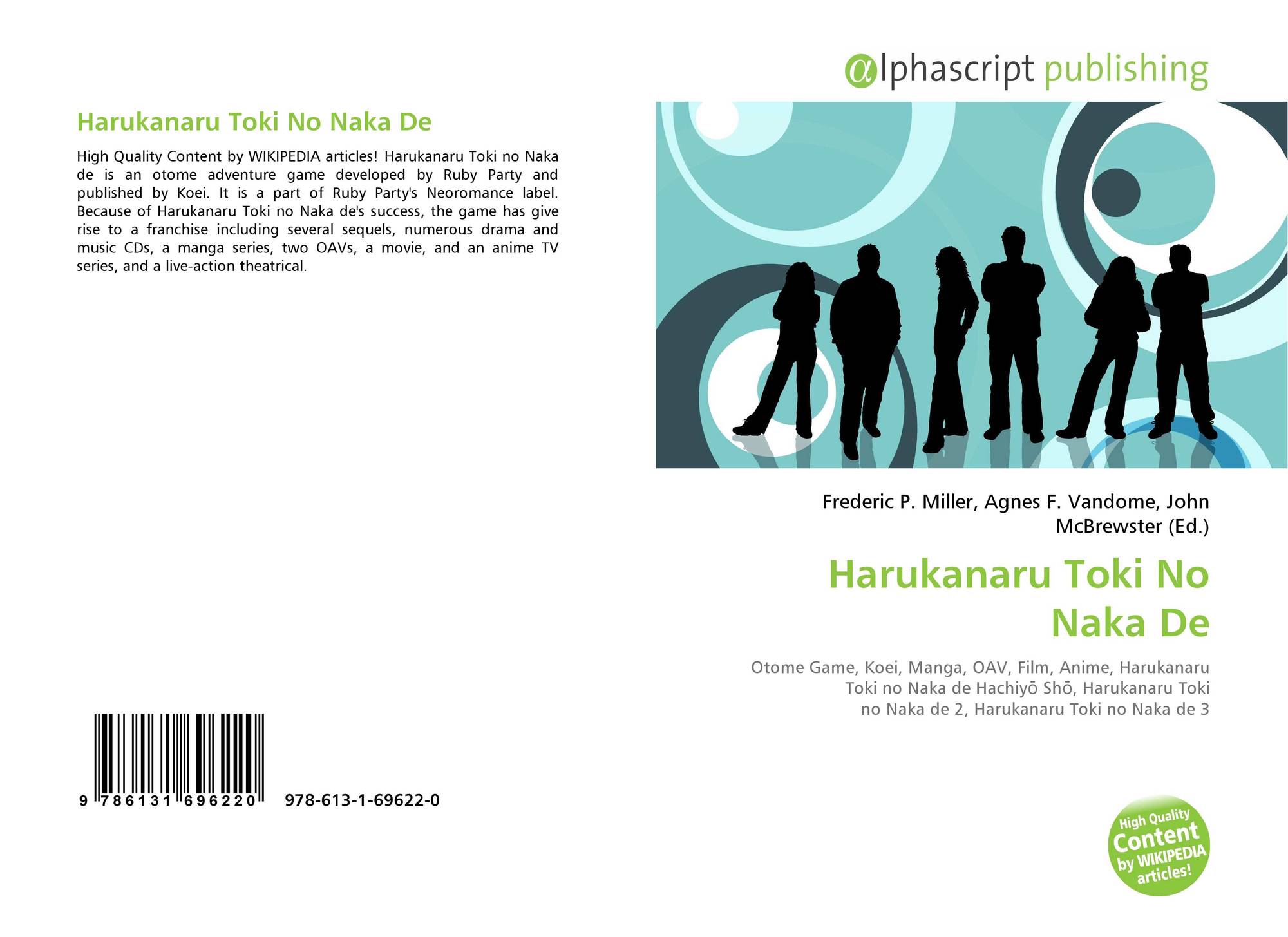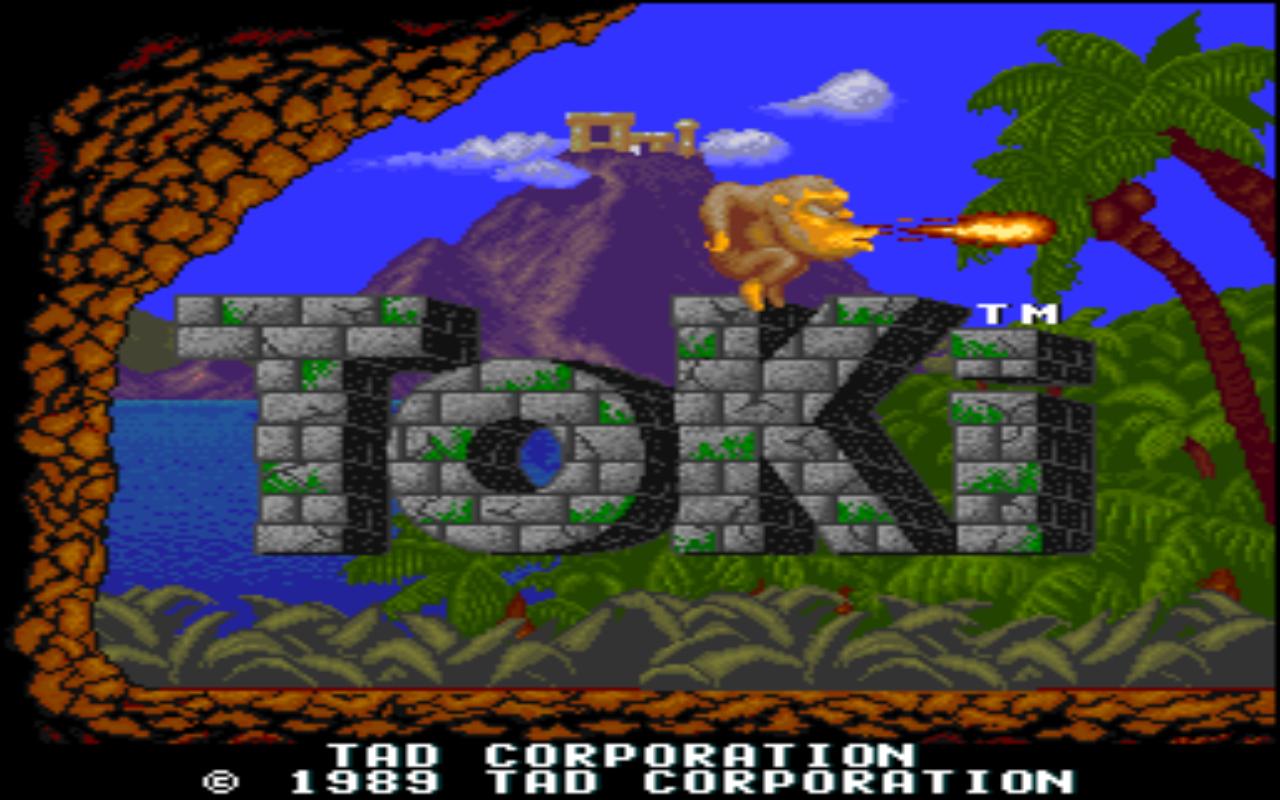1.1% Ultra Rare: 5.08% Very Rare: TOKI Complete arcade mode without using continues (normal difficulty or higher) 1.5% Ultra Rare: 6.10% Very Rare: You have an appetite for life! Collect all the 1UP bonuses in a session 12.9% Very Rare: 18.87% Rare: You really brought your game to a head! Libraries » toki (1.0.0) » Index » File: README. Toki is a DSL that helps you to implement Ruby version, patchlevel, engine and platform specific code.
Toki 1 1 0 1
| Overview | |
|---|---|
| Service type | Shinkansen |
| Status | Operational |
| Locale | Honshu, Japan |
| First service | 10 June 1962 (Limited express) 15 November 1982 (Shinkansen) |
| Current operator(s) | JR East |
| Former operator(s) | JNR |
| Route | |
| Start | Tokyo |
| End | Niigata |
| Line(s) used | Joetsu Shinkansen |
| On-board services | |
| Class(es) | Standard + Green |
| Catering facilities | Trolley service |
| Technical | |
| Rolling stock | E2 series, E4 series, E7 series |
| Track gauge | 1,435 mm (4 ft 81⁄2 in) |
| Electrification | 25 kV AC (50 Hz), overhead |
| Operating speed | 240 km/h (150 mph) |
The Toki (とき) is a high-speed Shinkansen train service operated by East Japan Railway Company (JR East) on the Joetsu Shinkansen in Japan.[1]
The name is taken from the Japanese name of the crested ibis, for which Niigata is famous.
Station Stops[edit]
- Ueno*
- Kumagaya*
- Honjo-Waseda*
- Takasaki*
- Jomo-Kogen*
- Echigo-Yuzawa*
- Urasa*
- Nagaoka*
- Tsubame-Sanjo*
(*) Not served by all trains
Rolling stock[edit]
- E2 series 10-car sets (from 26 January 2013)[2]
- E4 series 8-car sets (Max Toki)
- E7 series 12-car sets (Toki)
An E2 series set
An E4 series set on a Max Toki service in January 2006
Former rolling stock[edit]
- E1 series 12-car sets (Max Toki) (until 28 September 2012)
- 200 series 10-car 'K' sets (until 15 March 2013)
A refurbished E1 series set
A refurbished 200 series set
History[edit]
Limited express[edit]
The name Toki was first introduced on 10 June 1962 for limited express services operating between Ueno in Tokyo and Niigata on the Joetsu Line. This service operated until 14 November 1982, the day before the Joetsu Shinkansen opened.[3]
Shinkansen[edit]
From the start of services on the newly opened Jōetsu Shinkansen on 15 November 1982, Toki became the name used for the all-stations shinkansen services operating initially between Ōmiya and Niigata, later between Ueno and Niigata, and eventually between Tokyo and Niigata.[3]
The Toki name was discontinued from October 1997 following the introduction of new Tanigawa all-stations services between Tokyo and Echigo-Yuzawa. However, the name was reinstated from December 2002 to replace the name Asahi used for all Tokyo to Niigata trains.[1]
Toki 1 1 0 2
E2 series 10-car sets were re-introduced on four return Toki services daily from 26 January 2013, operating at a maximum speed of 240 km/h.[2][4]
Special train services[edit]
A special Joetsu Shinkansen 30th Anniversary (上越新幹線開業30周年号」, Jōetsu Shinkansen Kaigyō 30-shūnen-gō) service ran as Toki 395 from Omiya to Niigata on 17 November 2012 using 10-car 200 series set K47.[5]
See also[edit]
References[edit]
- ^ abJR新幹線&特急列車ファイル [JR Shinkansen & Limited Express Train File]. Japan: Kotsu Shimbun. 2008. ISBN978-4-330-00608-6.
- ^ ab上越新幹線でE2系の定期運用再開 [E2 series returns to regular duties on Joetsu Shinkansen]. Japan Railfan Magazine Online (in Japanese). Japan: Koyusha Co., Ltd. 27 January 2013. Archived from the original on 23 October 2017. Retrieved 23 October 2017.
- ^ ab列車名鑑1995 [Train Name Directory 1995]. Japan: Railway Journal. August 1995.
- ^E2系車両を上越新幹線に投入! [E2 series trains to be introduced on Joetsu Shinkansen] (PDF). News Release (in Japanese). Japan: East Japan Railway Company. 16 November 2012. Retrieved 16 November 2012.
- ^'とき'395号「上越新幹線開業30周年記念号」運転 [Toki 395 'Joetsu Shinkansen 30th Anniversary']. Japan Railfan Magazine Online (in Japanese). Japan: Koyusha Co., Ltd. 18 November 2012. Retrieved 18 November 2012.
External links[edit]

| Wikimedia Commons has media related to Toki (train). |
- 200 series Yamabiko/Toki/Nasuno/Tanigawa(in Japanese)
- E1 series Max Toki/Max Tanigawa at the Wayback Machine (archived 22 July 2011) (in Japanese)
- E4 series Max Toki/Max Tanigawa(in Japanese)
TOKI was created upon a set of company values which were developed through dialogue among its cultural partners, experience curators, and guide facilitators. Our philosophies are the cornerstone of our operations that ignite our passion and motivates us in our company endeavors.
TOKI respects culture and tradition. Ultimately, we think this is what makes the world unique and colorful. We ourselves spend extensive time studying about our own culture and traditions, and this is how we have found the best artisans to partner with and entrust our experiences with.
In an age of globalized mass production, Japan's traditions of elaborate craftsmanship are disappearing. With changes in lifestyle, certain items are simply no longer needed in the modern age. As the need for a commodity disappears, so does the industry itself. Compared with 30 years ago, the number of people engaged in the 'traditional industrial arts' is waning, with a meager 30% of past numbers remaining. At this rate, many of these intangible legacies, which represent hundreds if not thousands of years of Japanese culture, may disappear within our lifetimes.
In 2014, creating TOKI was our response to this impediment. We seek ways to have a sustainable impact and bring new life to these endangered traditional industries. While our guests are provided a chance to directly interact with the masters of these arts, we are careful in making sure that our esteemed artisans all benefit from this partnership.
By introducing these traditional masters in a new light, we initiate an information campaign that revives interest in these aspects of traditional Japanese culture. When you choose to have an experience with TOKI, you can enjoy the world behind the culture while knowing our valued partners are being provided with new sources of income.
We are passionate about creating great experiences for everyone we encounter; our customers, our partners, our guide facilitators, and our own employees.
You inspire us, and from the moment we hear from you, our multicultural team will start designing the most valuable experience for you. From selecting a suitable guide, to arranging meals that align with strict food preferences, we deliberate over every details in order to curate a streamlined and cohesive storyline for your bespoke experience.
We simply wish for you to enjoy yourself, however we also hope that your experience will be one that is unforgettable and exceeds your expectations. Our experiences have the power to resonate within our guests on a deeper, emotional level, as well as enrich the mind with creative inspiration.
Additionally, we hope that you will witness the significance and virtue of the traditional arts, crafts, and customs. By interacting closely with skilled artisans and observing their mastery, you will find an appreciation for their legendary craftsmanship as well as for the historical meanings and significance that lie behind every aspect of Japanese culture.
We are honored to say that we have received many feedback from past guests expressing how their experience with TOKI has changed their lives.
The best experiences arise when people meet people - through personal encounters and conversations. Our facilitator-guides bridge the cultural divide between the artisan’s world and yours.

Toki 1 1 0 1 Beta
Our guides come from a variety of diverse backgrounds, and they too have their own personal stories to share, further enhancing and personalizing your cultural experience.
In order to provide a multilingual guide that best fits your needs, we’ve developed an original process for selecting, training and evaluating our guides.
During the training process, our facilitator guides will personally learn firsthand from our partners so that they can confidently and accurately facilitate your entire experience. The guides ensure that even the conversations are tailored for each and every customer.

At TOKI, we are always learning more about diverse cultures, enjoying ourselves as we continue to provide professional services.
Frequently, we have found friends from other countries asking us, “Where should we go to experience Japanese culture?” However, we realized that we were unable to recommend any venues where a non-Japanese speaker could enjoy an authentic Japanese experience. This feeling of consternation transformed into the impetus for creating TOKI.
Upon further investigation, we found authentic Japanese culture scenes to be very difficult to access, even for Japanese natives. They aren’t advertised to the public, but rather tucked away in a hidden world where there are many layers of exclusivity, and reaching that world is often impossible without a personal connection or a referral.
Over the years, we have been fortunate enough to develop relationships with the very best cultural artisans and craftsmen, whom we proudly introduce our guests to. These are top-level artisans and craftsmen who eat, drink, and breathe their craft, which is also their livelihood. While these artisans tend to be the most difficult to reach, we realize that the depth and quality of their experiences are incomparable.
Through TOKI’s experiences, our guests meet master artisans, in turn allowing the artisans’ stories to reach public consciousness. TOKI’s partnerships with the artisans allow them share their unique expertise while educating and inspiring our guests. Witnessing the artisans at work, our guests gain a deeper understanding of Japan and experience Japanese culture beyond the surface - on an emotional and even spiritual level.
Toki 1 1 0 8
By connecting our guests with our partners, TOKI hopes to preserve what is most precious to Japan: its culture. We were struck by the fact that many aspects of Japanese traditional culture are threatened, and could even disappear within today’s globalized world. TOKI was created to give traditional industries a new opportunity to introduce their culture to new markets. By making them accessible to foreigners eager to experience them, these threatened industries would be able to profit through new opportunities.
We hope that we will be able to foster a world where Japan’s culture and philosophies are greater appreciated and preserved, which we believe will generate new inspiration and keep the world interesting.
1+1=0 Suran
We also realize that for many overseas visitors, their time in Japan is limited. It is for this reason that we felt compelled to develop a way for guests to enjoy a convenient, yet unique and invaluable sample of traditional Japanese culture, even in the heart of urban Japan.
